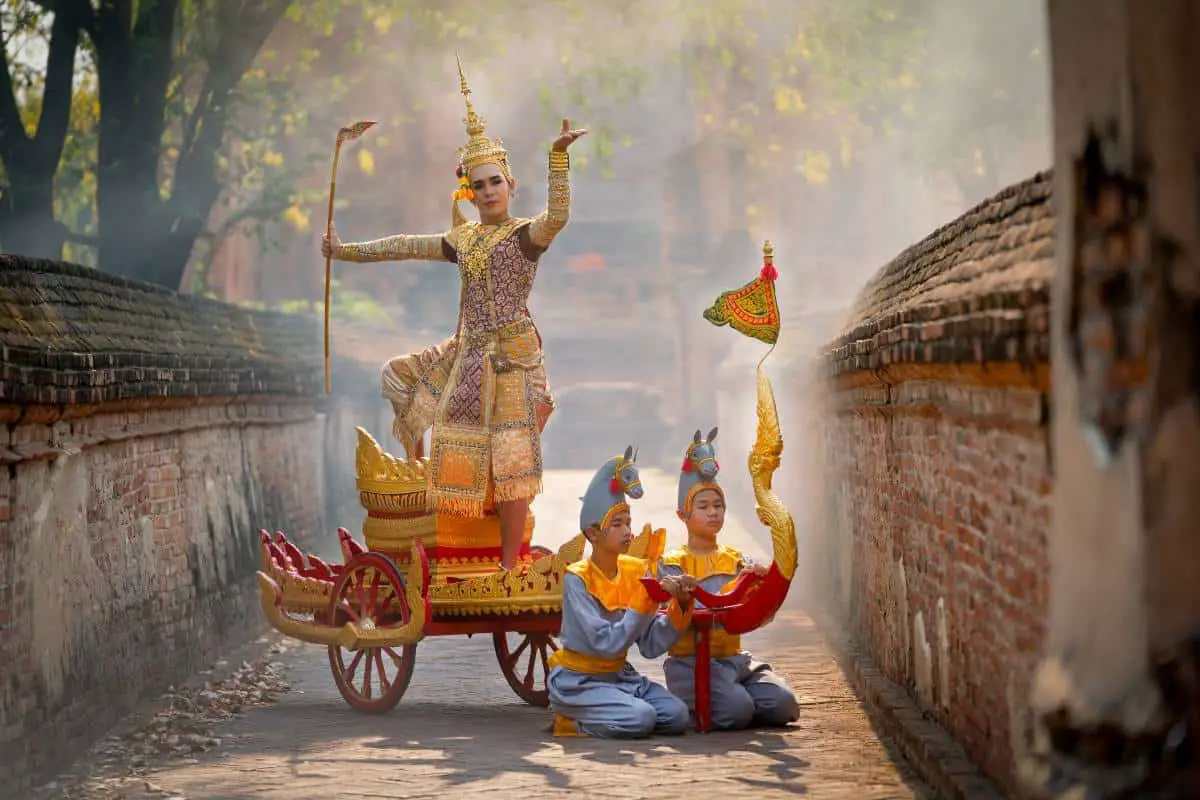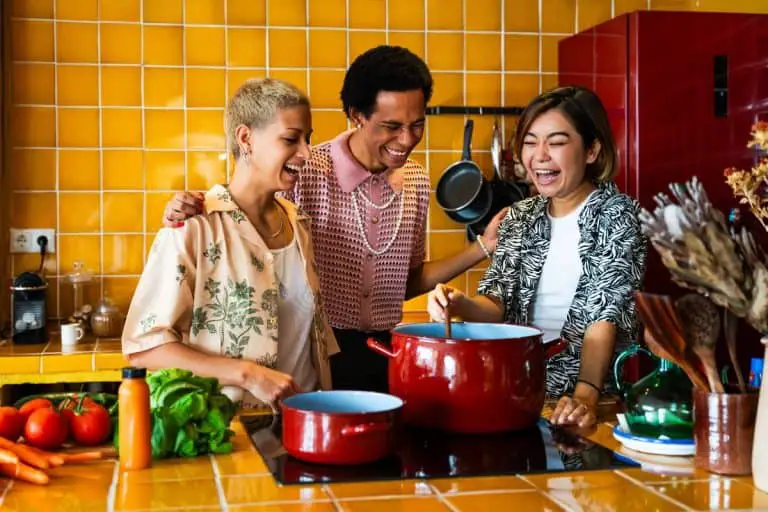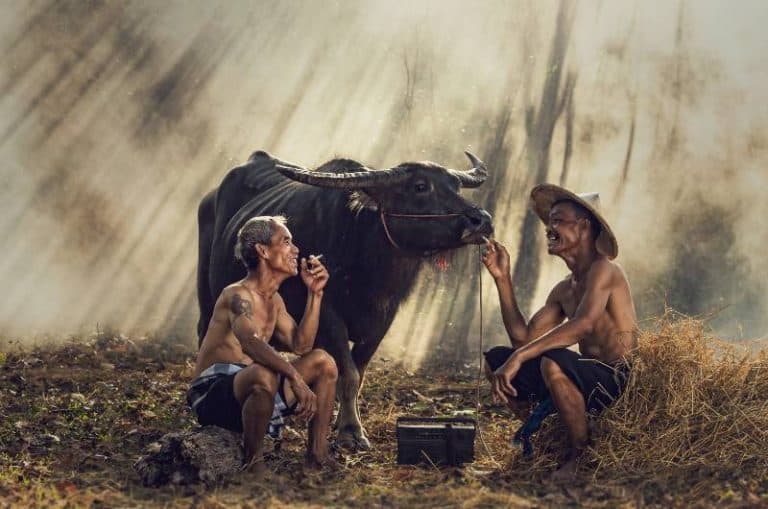Thailand Public Holidays Guide: For Expats
At BetterLivingAsia.com, founded by Thailand expat Tom Kitti to guide newcomers to Asia, we’re often asked about how to navigate the country’s many public holidays and festivals. As important social and cultural events for Thai people, these holidays impact opening hours, transport, crowds, and more.
Understanding Thailand’s public holiday calendar helps you plan memorable vacations and avoid frustrations from unexpected closures. Whether you want to really immerse yourself or simply enjoy your trip with minimal holiday hassle, this guide tells you what you need to know.
Key Takeaways
- Thailand has many cultural, religious, and national public Thai holidays that are important for visitors to understand
- Major holidays like Songkran, Loy Krathong, and Chinese New Year attract big crowds and street celebrations
- Buddhist events follow a lunar calendar, so dates change yearly – plan your travel accordingly
- While some disruption is likely, holidays offer a memorable way to experience Thailand’s traditions
An Introduction to Public Holidays in Thailand
Public holidays in Thailand fall into a few major categories:
- National and patriotic holidays – honoring the royal family, historical events and democracy
- Religious events – mainly Buddhist but also Hindu, Chinese and Islamic
- International holidays – like New Year’s Day and Labor Day
Some holidays are big nationwide celebrations that might involve decorated streets, festivals, street, food, and cultural performances. Songkran (Thai New Year) is famous for its massive water fights in cities like Bangkok and Chiang Mai!
Other smaller local holidays might just mean some businesses close while rituals happen at neighborhood temples.
Public holidays impact travelers by:
- Many businesses and attractions closing
- Banks, government offices and some restaurants closed
- Busy transport like flights, trains, and buses
- Festivals and events happening nationwide
So while holidays offer great opportunities to experience Thai culture, you’ll need to plan more carefully around closures and crowds.
Major National Holidays in Thailand
Thailand’s major public holidays mix Buddhist days, remembrance of the monarchy, and important historical events. These are the biggest nationwide holidays:
New Year Celebrations
Thai New Year/Songkran – April 13-15
- Celebrate the traditional Thai New Year with temple offerings, parades, and infamously wild national water fights!
Western New Year – December 31-January 1
- Ringing in the Gregorian New Year, like many countries. More lowkey than Songkran but still lively countdown parties.
Honoring Kings Past and Present
Chakri Day – April 6
Chakri Day on April 6th is a memorial day honoring King Rama I, the founding father of Thailand’s current ruling dynasty – the Chakri royal house – which he established in 1782. On this national holiday, Thai people across the country stop to pay respects both to past Chakri kings and the ongoing importance of the monarchy in Thailand. Chakri Day sees lots of ceremonial displays of loyalty to the royals, wreath-laying events to city landmarks lit up brightly with lights. Many Thais also wear yellow on this day, the royal color.
Coronation Day – May 5
Coronation Day marks the key date of June 4th 1946 when the much beloved previous monarch, King Bhumibol, was crowned Rama IX after the sudden death of his 20-year-old brother King Ananda Mahidol. King Bhumibol’s reign lasted a remarkable 70 years until his passing in 2016, during which he was a unifying father figure for the nation who commanded great love and respect from ordinary Thai people. While celebrations today are fairly lowkey, banks and post offices close on Coronation Day and it remains an important remembrance event on Thailand’s national calendar – a day to appreciate King Bhumibol’s legacy.
The Queen’s & Father’s Day – August 12 & December 5
In Thailand, both Mother’s Day and Father’s Day are folded into appreciation of the former King and Queen – the royal couple publicly seen as parents to the Thai nation. August 12th marks Queen Sirikit’s birthday when she is honored for her charitable works and elegant style over the decades beside King Bhumibol. Meanwhile, December 5th was King Bhumibol Adulyadej’s birthday, now celebrated as the national Father’s Day when dads around Thailand can enjoy special promotions and deals.
Chulalongkorn Day – October 23
Chulalongkorn Day on October 23rd focuses attention on King Rama V, who ruled Thailand between 1868 to 1910 and is referred to now as one of the great reformist kings of Thai history. King Chulalongkorn earned widespread respect for policies moving the country towards modernization and social justice, like abolishing slavery and resisting Western colonial incursions that dominated other Asian rulers of the era. The day marks his passing but also commemorates the King’s driving role in 20th-century Thailand into an independent nation embracing equality.
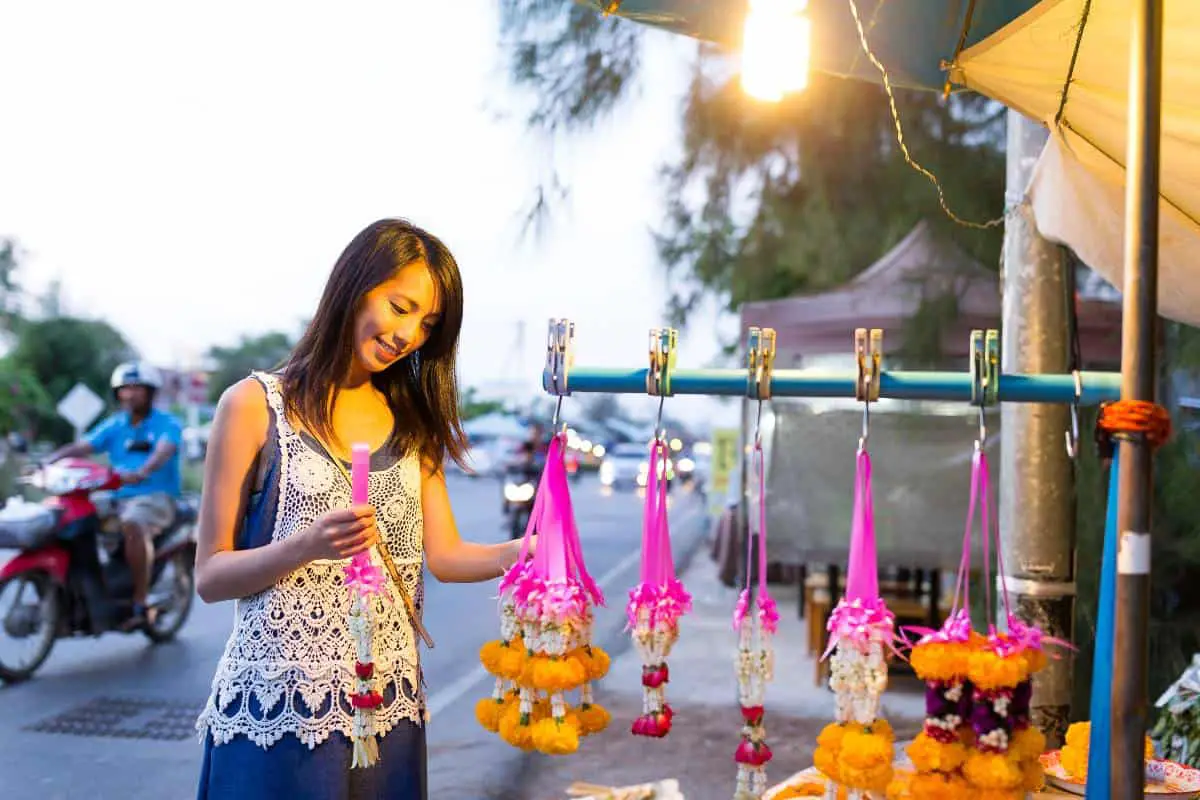
Historical Events
Constitution Day – December 10
The origins of Constitution Day in Thailand can be traced back to the transformative events of 1932. Back then, absolute monarchical rule still dominated the country when a peaceful, progressive coup led by a group of civil servants and army officers changed the tide of history.
Seeking to shift power to the public, this revolutionary band presented King Rama VII with Thailand’s first real constitution – and after initial reluctance, the King signed it into law on December 10th that year.
It was a landmark moment symbolizing a new era. While keeping the monarchy as a respected central pillar of society, the constitution created a framework for representative governance answerable to the people. Siam officially became a constitutional monarchy – or as the country’s fitting new name declared: “land of the free”.
In the years after Thailand’s “political emancipation day”, citizens steadily gained more control. Indirect elections allowed them to vote for local representatives in 1933, then just five years later came direct voting rights for parliament members.
So each year when December 10th rolls around, Constitution Day stands as an important milestone to acknowledge in the ongoing evolution of Thailand’s democracy – and the tempered balance of old and new it maintains to this day.
Labor Day – May 1
Wondering how to spend Labor Day in Thailand? Well, your friendly local guide at BetterLivingAsia is to here spill all the need-to-know details on celebrating this laidback public holiday like a true local.
For starters: Labor Day lands on most countries’ calendars as a tribute to workers’ rights movements that campaigned for fair conditions and living standards in the late 19th century. Over 80 nations mark the date now.
Fun fact: early organizers strategically piggybacked the laborers’ commemorations onto existing spring festivals to spread their message. So these days, May 1st mixes both workers’ rights and general springtime celebrations worldwide.
In Thailand, Labor Day falls each year on May 1st (or the following Monday if that’s a weekend). It slots in neatly side-by-side with the important Coronation Day anniversary on May 5th too. So some years it merges into one giant cultural celebration!
Now for the fun part: how savvy travelers can immerse themselves into Labor Day festivities Thai-style:
Expect colorful parades slowly winding their way through towns and cities across Thailand. And we’re talking serious vibrant spectacle here – dancers in magnificent traditional costumes, elephants decorated in their Sunday best, and lively marching bands serenading the processions.
Visitors can happily watch the action unfold from sidewalks with locals…or better yet, feel that holiday energy and leap right into the fractures themselves! Many parts of the parades invite enthusiastic foreign friends to experience it first-hand. Because in Thailand, there’s no such thing as “stranger danger” when joining the festivities is so easy.
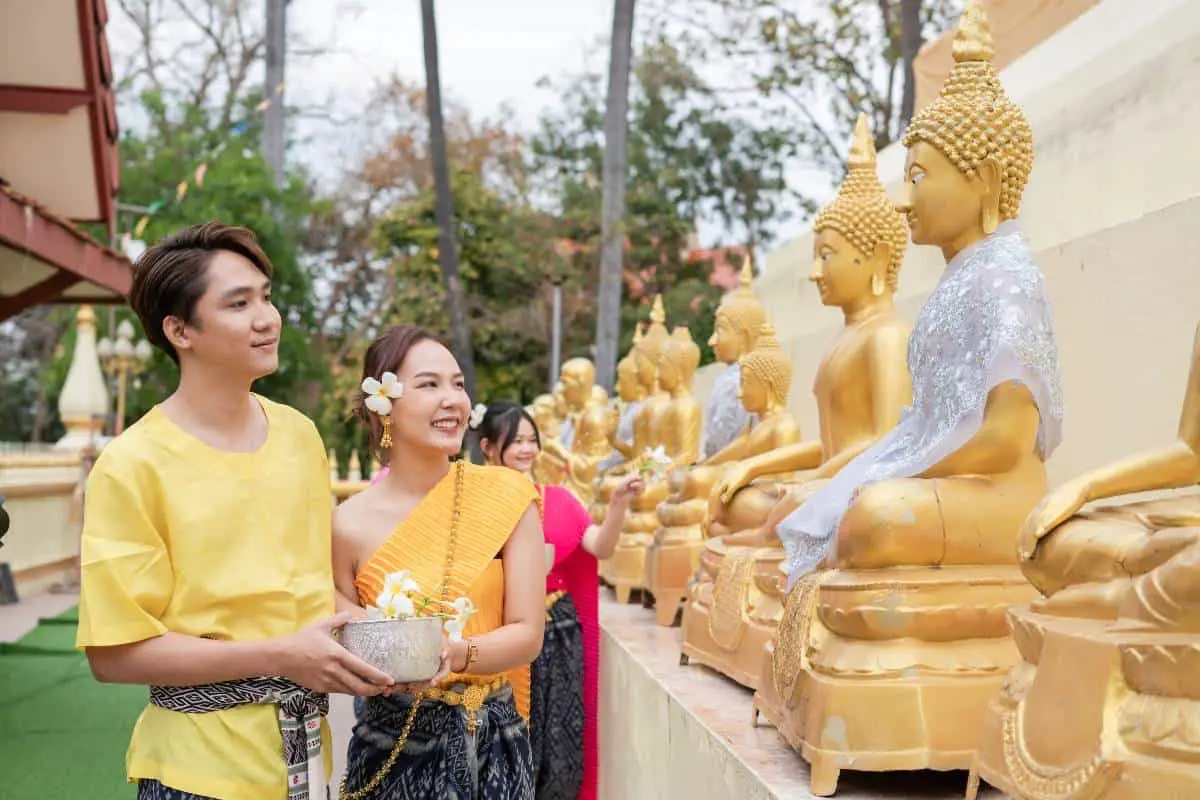
Buddhist Holidays and Festivals
As Thailand’s majority religion, Buddhism also shapes its public holiday calendar with lunar events. These religious Thailand holidays follow a traditional lunisolar calendar, shifting yearly:
- Makha Bucha – Full moon of the third lunar month. 2023 date: Sunday, February 19.
- Visakha Bucha – Full moon of the sixth lunar month. 2023 date: Thursday, Friday May
- Asanasahna Bucha – Full moon of the eighth lunar month. 2023 date: Saturday, July 22.
Temple celebrates merit-making rituals feature on these full moon days, which are times Buddha ordained new monks or gave sermons. They are quieter holidays than national celebrations three-month Buddhist rain retreat called Buddhist Lent also shapes festivals:
- Candle Festival – Starts the latent period by ceremonially giving candles to monks.
- Krathong Floating Festival – Loi Krathong festival happens on the full moon at the end to honor the goddess of rivers.
Chinese-Influenced Events in Thailand
Reflecting centuries of Chinese migration and influence in Thailand, holidays like Chinese New Year and Vegetarian Festival are now an integral part of the festival calendar:
Chinese New Year
Late Januarmid-Februaryruary – Celebrated widely by Thai-Chinese communities with red lanterns, lion dances, firecra,ckers, and family feasts. Chinatown districts burst into festive chaos! 2024 date: Monday, January 22.
The Nine Emperor Gods Festival
September to October – Worshippers channel Chinese and Taoist deities in street processions and strict spiritual rituals. Celebrated for 9 days, often in Phuket and Bangkok.
Vegetarian Festival
September to October – Influenced by Chinese traditions, Thai-Chinese communities celebrate this bizarre festival with floats, music, and theatrical religious rituals! Famously held in Phuket.
Other Important Festivals in Thailand
As well as national and religious holidays, cultural festivals energize Thailand’s calendar all year round:
Songkran Water Festival
April 13-15 – While water fights now dominate Thailand’s New Year festival, parades and culture are celebrated across the country. Chiang Mai’s version mixes tradition and party chaos!
Rocket Festival
May – In rural northeast Thailand, this pre-planting rain ritual sees handmade bamboo rockets launched skywards. Also called Bun Bang Fai.
Yi Peng Lantern Festival
November – Part of north Thailand’s Loy Krathong holiday, on this full moon thousands of glowing lanterns float into Chiang Mai’s night sky. One of Asia’s most beautiful spectacles!
There are also merry local get-togethers like the Monkey Feast Festival in Lopburi each November, where the town’s infamous monkeys get a lavish buffet!
Planning Trips and Travel During Holidays
If visiting Thailand during holidays, prepare for celebrations, crowds and closures by:
- Checking online calendars for exact festival dates, which vary yearly
- Booking transport/rooms well in advance – buses, trains, and hotels fill fast
- Carrying cash and plastic as bank closures can impact card payments
- Beware of street scams or pickpockets attracted to big events
- Consider sidestepping Bangkok for quieter spots during the biggest festivals
But with savvy planning, holidays unlock Thailand’s traditions and unique energy!
FAQs
Whathe t is Songkran Festival?
Songkran is the traditional Thai New Year festival in April. While it has evolved into a nationwide water fight drawing tourists, Songkran is also celebrated with cultural parades, religious rituals like temple offerings, and family gatherings.
When is Visakha Bucha Day?
The date of Visakha Bucha Day changes each year as it falls on the full moon day of the sixth lunar month, usually in May or June. In 2023, Visakha Bucha Day falls on Thursday, May 26th.
What happens to the ring Vegetarian Festival?
Influenced by Chinese culture, the bizarre Vegetarian Festival held in Phuket and other areas sees temple ceremonies, floating shrines, strict, veganism, and acts of ritual self-mutilation in the 9-day festival happens around October.
How do I travel during holidays?
To navigate closures and crowds around Thailand’s major public holidays:
- Book transport and hotels early
- Carry cash in case ATMs are crowded
- Confirm festival dates each year
- Consider quieter destinations
Conclusion
Understanding Thailand’s diverse calendar of public holidays and festivals is key to planning a smooth, memorable visit. While celebrations like Songkran and Loy Krathong are world-famous, many traditional events happen nationwide that visitors can experience. With some advance preparation around dates, transport, and crowds, you’re guaranteed an insight into Thailand’s unique culture. As experts helping newcomers, our team has all the local knowledge to guide your adventure – so subscribe for tips or contact us anytime to start planning your ideal Thai trip!
